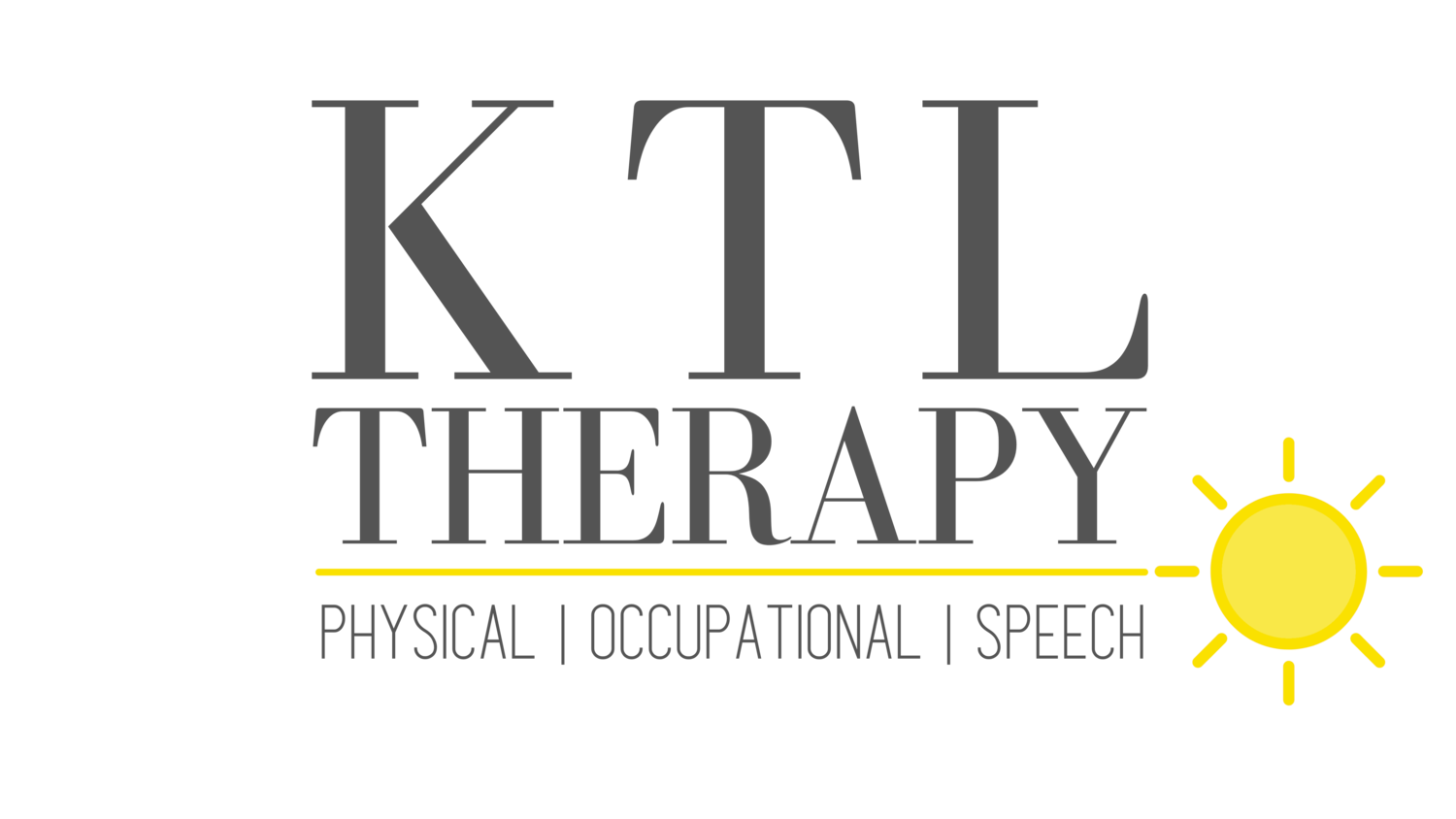Identifying Torticollis in Your Infant
Torticollis often occurs with plagiocephaly (flattening of the head).
What is Torticollis?
Torticollis is a condition in which a baby has tight neck muscles causing an odd position of the head. The baby will have a strong preference for tilting or turning his head in one direction.
A baby can be born with torticollis (congenital) or acquire torticollis in infancy.
In either case, it may not be noticed until a child is several weeks old when they start to gain more head control and movement.
How Does Torticollis Occur?
It is unknown what causes torticollis. Currently, healthcare providers assume it could be related to any of the following factors:
Abnormal position in the womb
Abnormal development of neck muscles
Injury to neck muscles during labor/delivery
Could be a symptom of an underlying condition (i.e., babies with reflux often maintain a certain head position for comfort)
How Do You Spot Torticollis?
Even for those who have never heard of torticollis, parents can spot it by noticing any of the following:
Tilting of the baby’s head to one side consistently
Turning of the baby’s head to one side consistently
Difficulty moving the head
Small lump in the neck muscles
Flattening of one side of the head
Facial asymmetries
How Is Torticollis Treated?
A pediatric physical therapist will prescribe a unique plan of care for your child based on their presentation.
Treatment may include:
Stretching
Active head movement
Strengthening (tummy time, etc.)
Environmental adaptations
What should I do if I suspect my baby has torticollis?
Ask your pediatrician for a physical therapy referral if you suspect your baby has torticollis. A physical therapist will assess your child’s posture, range of motion, neck tightness, and overall strength in order to make recommendations to treat the condition.
Your child’s pediatrician should screen for plagiocephaly and torticollis at early well-child checks, but always voice any concerns you might have!
A “wait and see” approach is not recommended with this condition as early identification and treatment results in a better outcome for your baby.
Have questions or concerns? Get in touch with one of our physical therapists!




